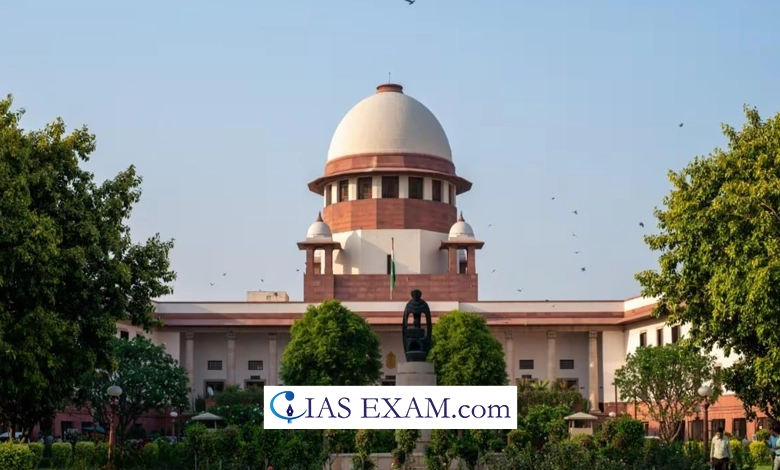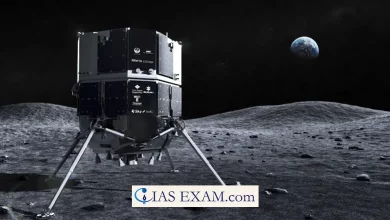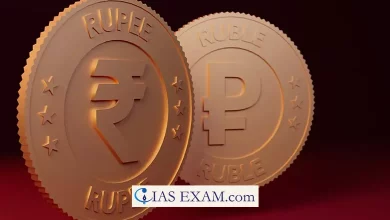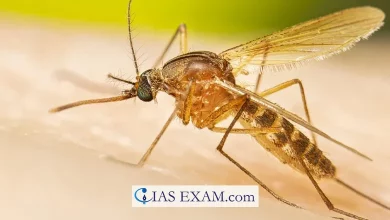Daily Current Affairs for UPSC
Modification of its verdict in the 2G spectrum case
Syllabus - Governance [GS Paper-2]

Context
The Centre has recently moved the Supreme Court seeking modification of its verdict in the 2G spectrum case.
Key Highlights
- The alleged 2G spectrum allocation scam is stated to have originated in 2008 while the then Congress-led United Progressive Alliance (UPA) authorities bought 122 2G licences on a primary-come-first-serve (FCFS) basis to specific telecom operators.
- In its fee sheet filed in April 2011, the CBI alleged that there was a lack of ₹ 30,984 crore to the exchequer as a result of discrepancies in the allocation process.
- The Centre for Public Interest Litigation and Subramanian Swamy filed petitions in the Supreme Court alleging a ₹70,000 crore scam in the grant of telecom licences in 2008.
Judgement
- The Supreme Court cancelled 122 telecom licences in the landmark 2G spectrum scam judgement at the same time as cautioning that an FCFS basis for the allocation of scarce natural resources can be vulnerable to misuse.
- Advocating for aggressive auctions as a substitute, the Court said, “In our view, a duly publicised public sale performed pretty and impartially is possibly the satisfactory method for discharging this burden
- Methods like first-come-first-served when used for alienation of natural sources/public property are probable to be misused through unscrupulous those who are most effectively interested in garnering most financial benefit and have no respect for the constitutional ethos and values.
- It emphasised that the weight lies at the State to make sure that the “non-discriminatory approach” of the public sale is followed “by giving wide publicity so that every one eligible can take part in the system”.
Centre’s plea
- The Union government has moved an application to allocate spectrum administratively, bypassing auctions.
- An administrative allocation would give the government control over the choice of operators.
- The challenge of spectrum is needed to discharge sovereign and public interest features inclusive of security, safety, and catastrophe preparedness.
- The Centre elaborated that administrative allocation is needed whilst call for is lower than deliver or for space communication.
- In such instances, it might be “greater most beneficial and efficient for spectrum to be shared by using more than one gamers, as opposed to being broken up into smaller blocks for the only reason of exceptional project”
- The Telecommunications Act, 2023 empowers the government to assign spectrum for telecommunication thru administrative strategies aside from auction for entities listed in the First Schedule.
- These encompass entities engaged in national security, defence, and regulation enforcement in addition to Global Mobile Personal Communication by Satellites inclusive of SpaceX, and Bharti Airtel-backed OneWeb.
- The government also can assign part of a spectrum that has already been assigned to one or more additional entities, known as secondary assignees, and even terminate assignments where a spectrum or a part of it has remained underutilised for insufficient reasons.
Source: The Hindu
UPSC Mains Practice Questions
Q.What are the lessons that public and administrators should learn from the special CBI court’s acquittal of all accused in the 2G spectrum allocation scam case? Critically comment. (250 words)





.png)



